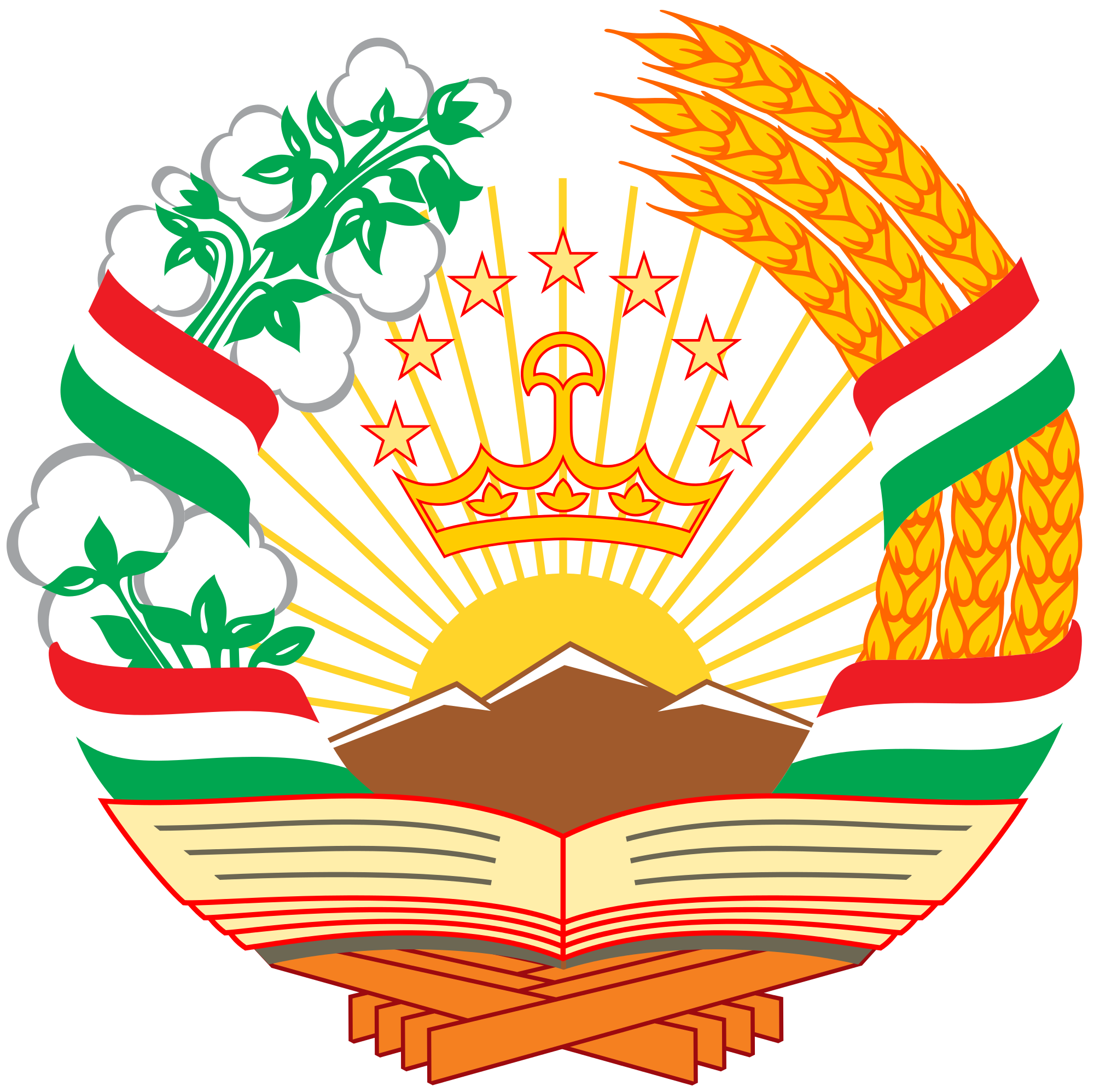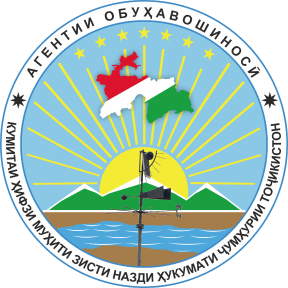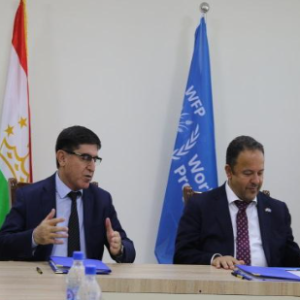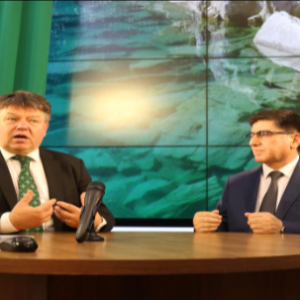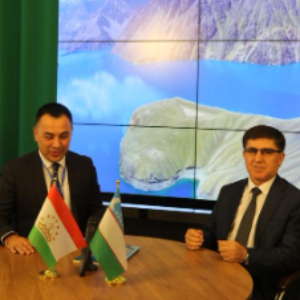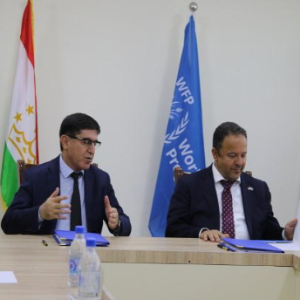International Cooperation
World Meteorological Organization (WMO)
On May 5, 1993, the document on accession of the Republic of Tajikistan to the Convention of the World Meteorological Organization came into force.
Within the framework of WMO, the Agency for Hydrometeorology of the Republic of Tajikistan annually receives expensive information free of charge, including satellite, aerological, various weather maps, actual weather and short-term weather forecasts for foreign airports and synoptic information from the world's leading meteorological centers. Detailed information on the official website https://public.wmo.int/en.
Briefly about the World Meteorological Organization
The World Meteorological Organization (WMO) is a specialized agency of the United Nations and the UN system's authoritative source of information on the state and behavior of the Earth's atmosphere, its interaction with the oceans, the resulting climate and the emerging distribution of water resources.
WMO has a membership of 189 Members and Territories (as of 4 December 2009). WMO originates from the International Meteorological Organization (IMO), which was founded in 1873. Established in 1950, WMO became the specialized agency of the United Nations for meteorology (weather and climate), operational hydrology and related geophysical sciences in 1951 .
Since weather, climate and the water cycle know no national boundaries, international cooperation on a global scale is essential to the development of meteorology and operational hydrology and to the benefits of their application. WMO provides a framework for such international cooperation.
Since its founding, WMO has played a unique and influential role in promoting the security and well-being of mankind. Under WMO leadership and through WMO programmes, National Meteorological and Hydrological Services make a significant contribution to protecting life and property from natural disasters, preserving the environment, and enhancing the economic and social well-being of all segments of society in areas such as food security, water resources and transport.
WMO encourages cooperation in the establishment of networks for meteorological, climatological, hydrological and geophysical observations, as well as for the exchange of relevant data and for their processing and standardization, and assists in the transfer of technology and the implementation of training and research activities. It also strengthens the interaction between the National Meteorological and Hydrological Services of its member countries and promotes the application of meteorology in government meteorological services, agriculture, aviation, shipping, environment, water and disaster mitigation.
WMO promotes the free and unrestricted exchange of real-time or near-real-time data and information, products and services on matters relating to the safety and security of society, economic well-being and the protection of the environment. It contributes to policy formulation in these areas at the national and international levels.
For weather, climate and water hazards, which are responsible for about 90% of all natural disasters, WMO programs provide vital information for issuing early warnings to save lives and reduce damage to property and the environment. WMO also contributes to reducing the impact of man-made disasters, such as those associated with chemical or nuclear accidents, as well as forest fires and volcanic ash. Research has shown that, in addition to the inestimable benefits to human well-being, every dollar invested in meteorological and hydrological services brings economic benefits many times greater than the investment, often ten times or more.
WMO plays a leading role in international efforts to monitor and protect the environment through its programmes. In collaboration with other UN agencies and National Meteorological and Hydrological Services, WMO supports the implementation of a number of environmental conventions and plays an important role in providing advice and assessments to governments on related issues. Such activities contribute to the sustainable development and well-being of nations.
